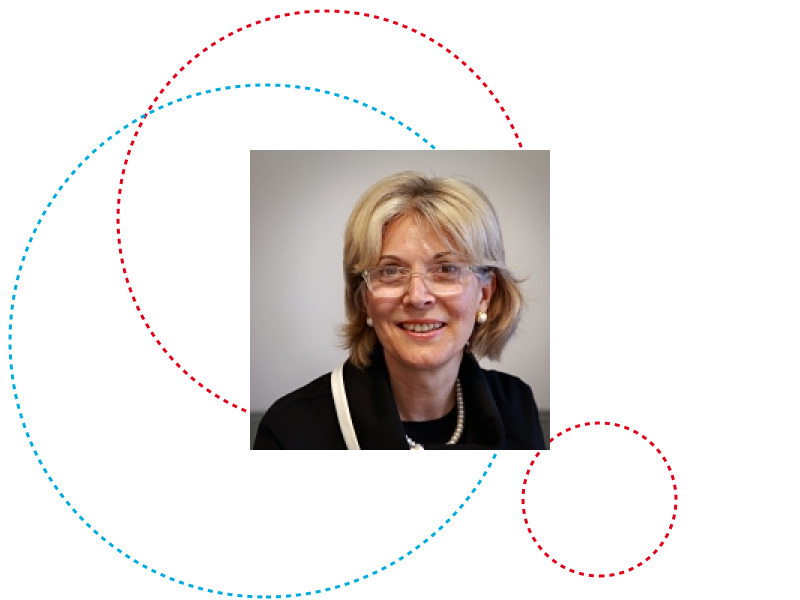The original research of Gunilla Lindqvist introduced playworlds as a pedagogical approach for developing children’s play that others have developed further (i.e., Hakkarainen, et al., 2013). One unique feature is the role of teachers acting as play partners in the imaginary playworld. Despite the evidence showing that children welcome teachers’ involvement in playworlds (Lindqvist, 1995), it appears that teachers do not always felt comfortable in this role. What is missing from this research, is an exploration of how teachers and children make sense of their play role in playworlds. Vygotsky’s (1966) conception of play, Kravtsov and Kravtsova’s (2010) concept of subject positioning, and Hedegaard’s (2014) conception of child development (demands and motives), were used to better understand the developmental conditions afforded through playworlds. Specifically, the research examined what new demands were made upon children when teachers entered into their play, as well as studying what demands were made on teachers. Taken from a broader study of 37 Australian early childhood teachers from across six sites as they implemented scientific or engineering playworlds, this presentation will report on one case study of two classrooms over two years. The central finding of the study was that dramatic contradiction between the real relations and play relations of the teachers afforded new developmental conditions for the children. The results contribute to explaining how playworlds supports children’s development.
Marilyn Fleer holds the Foundation Chair of Early Childhood Education and Development at Monash University, Australia, where she has been the research leader since 2001 for Child and Community Development. She was a former President of the International Society of Cultural-historical Activity Research (ISCAR) and is currently an honorary Research Fellow in the Department of Education, University of Oxford.
